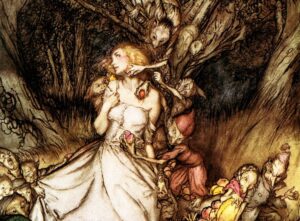
Themes, Analogies, and “Goblin Market”
Especially when crafted by Christian poets like Rossetti, the themes and analogies are often put there intentionally, like treasures waiting for thoughtful readers to discover.

Especially when crafted by Christian poets like Rossetti, the themes and analogies are often put there intentionally, like treasures waiting for thoughtful readers to discover.
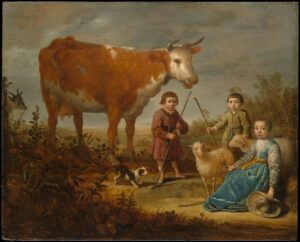
In the very midst of life where snares of death surround us, I can write a silly poem about a cow and spend time thinking about what rhymes with the Latin word te, because Jesus has taken care of all the serious stuff.
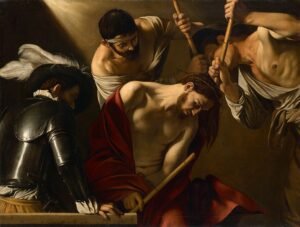
So if Thou wilt not take away the smart, / I fear no wrath; the thorn serves Thy design / That I despair of all within my heart / And run to Thine.

However humble and dull our daily exercise of virtue may seem, it is worthy of praise, because it reflects the love of Christ.
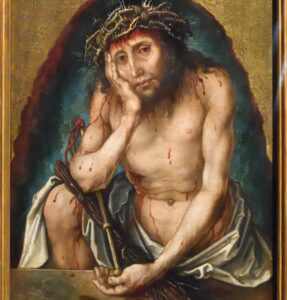
In this poem, Rossetti rightly sets forward Christ’s suffering and death as the Christian’s highest help in temptation and trouble.
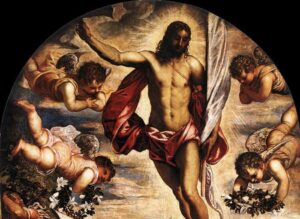
Herbert lets the title of the poem lead in two different directions—to point both to the time of the Resurrection and to the mourner’s dawning realization of the significance of Christ’s rising.
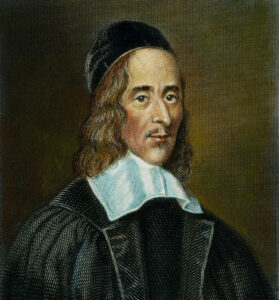
And the receipt shall be / My Saviour’s blood: whenever at his board / I do but taste it, straight it cleanseth me, / And leaves thee not a word; / No, not a tooth or nail to scratch, / And at my actions carp, or catch.
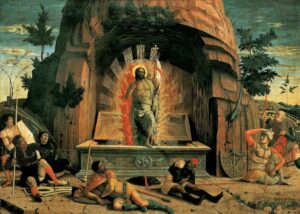
’Tis the spring of souls today: Christ has burst His prison And from three days’ sleep in death As a sun has risen

The brave old plant, in its lonely days, shall fatten upon the past: For the stateliest building man can raise, is the Ivy’s food at last.
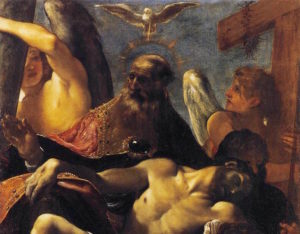
Who more can crave than thou hast done? That gav’st a Son, to free a slave, first made of nought; with all since bought.